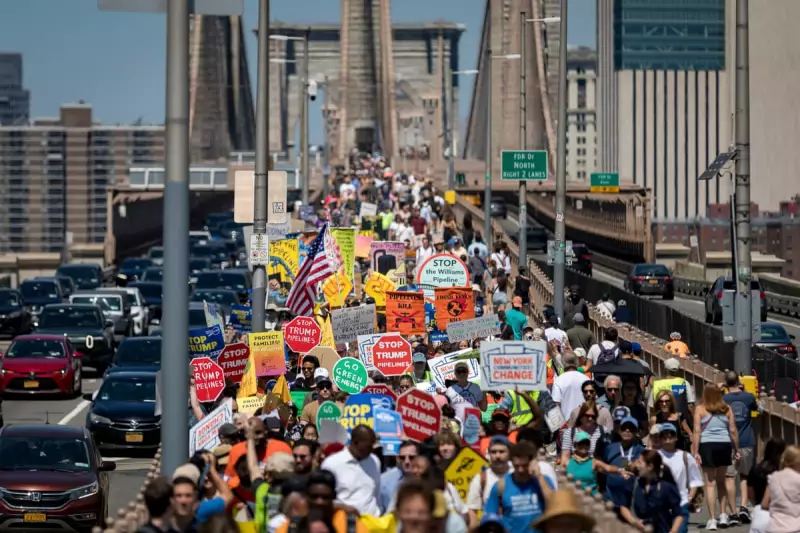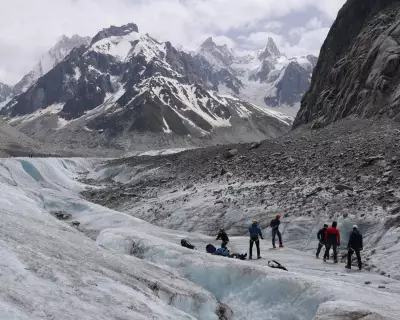
Senior United States officials are approaching the upcoming COP30 climate summit with what can only be described as cautious optimism, acknowledging the immense challenges ahead while signalling potential for meaningful progress when world leaders convene in the Brazilian Amazon next year.
A Delicate Balancing Act
John Podesta, the US's senior international climate policy coordinator, has indicated that while significant hurdles remain, there's growing momentum behind efforts to establish new global climate finance targets. The Biden administration faces the complex task of navigating both international negotiations and domestic political realities.
"We're working hard to create the conditions for success in Belém," Podesta stated, referencing the Brazilian city hosting the November 2025 summit. "But success will require substantial contributions from all major economies."
The $100 Billion Question
At the heart of discussions lies the contentious issue of climate finance. Developed nations have repeatedly failed to meet their $100 billion annual pledge to help developing countries transition to clean energy and adapt to climate impacts. This broken promise continues to undermine trust in international climate negotiations.
Podesta emphasised that the US is "engaged in serious conversations" about a new collective quantified goal that would replace and significantly increase this target beyond 2025.
Political Headwinds and Opportunities
The shadow of the upcoming US presidential election looms large over American climate diplomacy. A change in administration could dramatically alter the country's approach to international climate commitments, creating uncertainty among global partners.
Nevertheless, officials point to several reasons for optimism:
- The symbolic importance of hosting COP30 in the heart of the Amazon
- Growing private sector investment in clean energy technologies
- Increasing climate ambition from emerging economies
- The tangible economic benefits of renewable energy becoming more apparent
The Road to Belém
As preparations intensify for the Brazilian summit, climate diplomats are working to build consensus on several critical fronts:
- Finance mechanisms for loss and damage in vulnerable nations
- Accelerated timelines for emissions reductions
- Nature-based solutions and forest conservation
- Adaptation funding for climate-vulnerable communities
The success of COP30 may ultimately depend on whether wealthy nations can bridge the trust deficit with developing countries through concrete financial commitments and actionable plans.
With the window for meeting Paris Agreement targets rapidly closing, the Belém summit represents what many are calling a make-or-break moment for global climate cooperation. The world will be watching to see if cautious optimism can translate into binding commitments.





